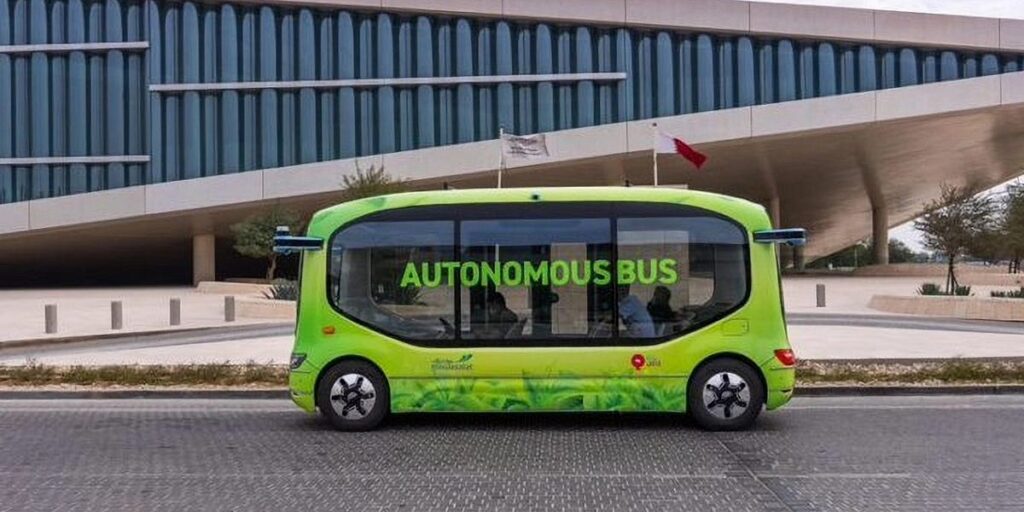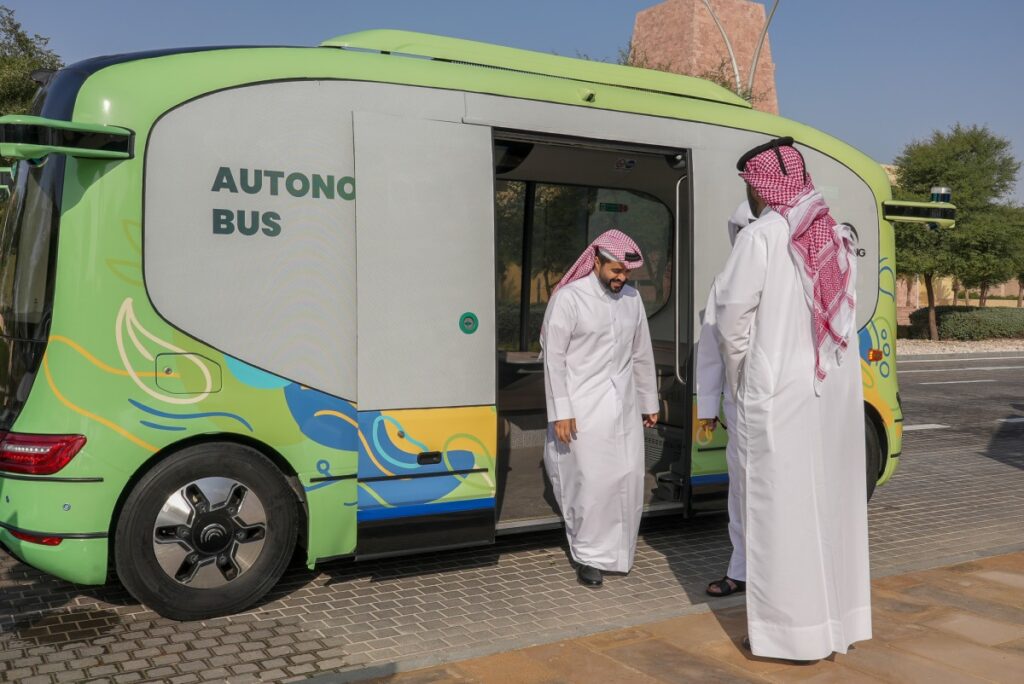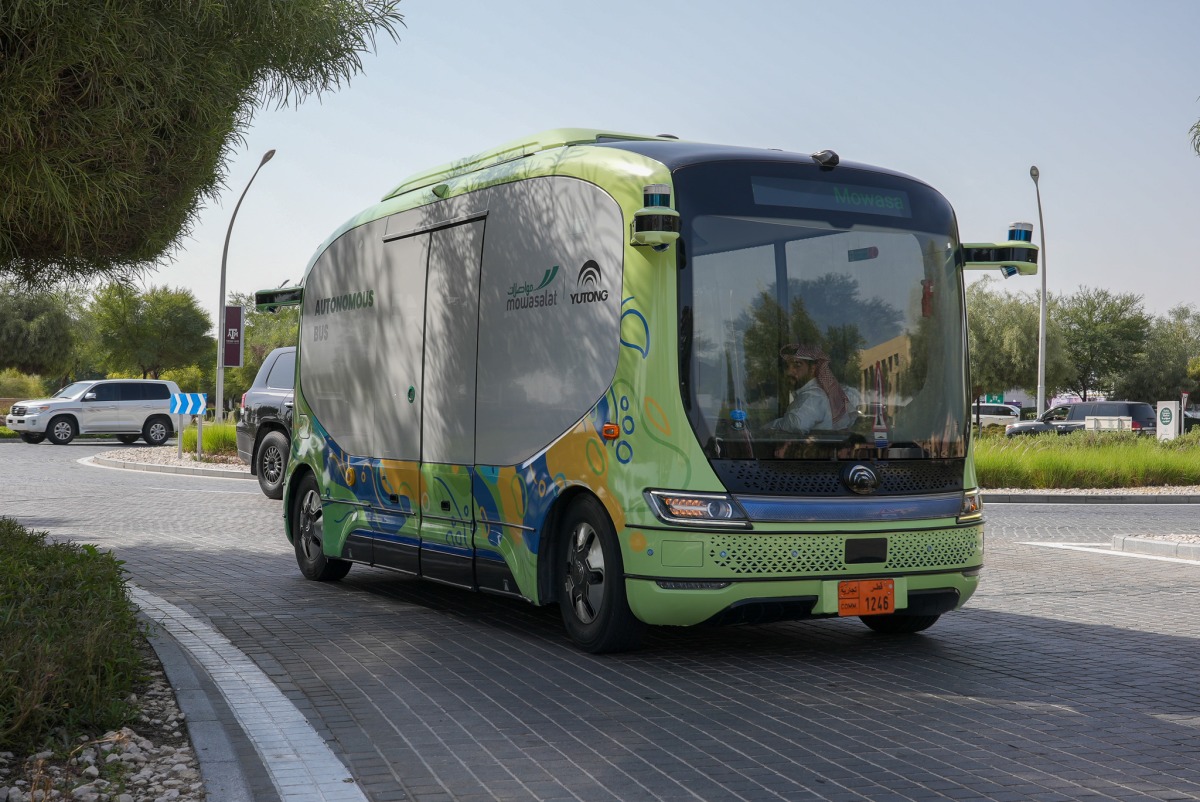Qatar is accelerating into the future of mobility with remarkable speed. As cities around the world race to integrate autonomous vehicle AV technology, Qatar has emerged as one of the most forward thinking nations in the Middle East. With its smart city vision, strong infrastructure, and government led innovation, Qatar is well on its way to becoming a regional hub for autonomous vehicles.
The nation has taken serious steps to research, test, and implement autonomous driving technology, aiming to reshape transportation with safety, sustainability, and efficiency at its core. Let’s explore how Qatar is making impressive strides in this trans formative field.
The Vision Behind Qatar’s Autonomous Ambitions
Qatar’s push toward autonomous vehicle testing is deeply connected with its National Vision 2030. This ambitious plan aims to build a smart, technologically advanced country while preserving environmental and social development. Transportation is a crucial pillar in that vision.
The government sees autonomous vehicles as a way to reduce traffic congestion, lower emissions, and improve public safety. With these goals in mind, Qatar has encouraged collaboration between global tech companies, academic institutions, and local startups to fuel innovation in this area.
Lusail City The Epicenter of AV Testing
At the heart of Qatar’s autonomous vehicle revolution is Lusail City, a fully planned smart city north of Doha. Designed with cutting edge digital infrastructure, Lusail is more than just a residential and commercial area it’s also a testing ground for futuristic transportation technologies.
Autonomous shuttles and self driving cars are being tested across various parts of Lusail. The roads are equipped with sensors, cameras, and communication systems that allow vehicles to interact with their environment and make real time driving decisions. These trials are providing valuable insights into how autonomous technology performs in real world conditions, including Qatar’s unique weather and urban environment.
Government Driven Innovation
One of the key reasons behind Qatar’s rapid progress in autonomous vehicle testing is government support. Authorities are actively creating a regulatory environment that encourages innovation while maintaining high safety standards.
Several pilot programs have been launched with support from the Ministry of Transport and Communications MoTC. These programs include partnerships with international tech companies that bring expertise in artificial intelligence, data analytics, and robotics. Together, they’re helping Qatar develop tailored AV solutions that match its local infrastructure and needs.
By building public private partnerships, the government is not only funding AV development but also creating jobs, enhancing technical skills in the workforce, and preparing the country for a high tech transportation future.

Real Life Testing on Qatar’s Roads
Unlike many countries that limit autonomous testing to closed environments, Qatar is taking a bold step forward by testing AVs in real city conditions. This includes interactions with pedestrians, traffic lights, construction zones, and other vehicles.
These real world scenarios offer a deeper understanding of how autonomous systems behave in complex traffic patterns. The data gathered from these trials is used to improve machine learning algorithms, vehicle navigation systems, and traffic control strategies.
What’s even more impressive is Qatar’s attention to accessibility. Some of the AVs tested are designed to be inclusive, providing transport solutions for people with disabilities and the elderly another example of how the country is putting human needs at the centre of its tech evolution.
Integration With Smart Mobility Platforms
Qatar isn’t just stopping at testing driver less cars. The country is integrating autonomous vehicle systems into broader smart mobility platforms. This means that in the future, residents could use mobile apps to book a ride on a self driving shuttle, coordinate it with metro schedules, and reach their destination seamlessly all without needing a personal car.
By aligning AV technology with public transportation, Qatar aims to build a connected, eco friendly mobility network that reduces the dependence on fossil fuels and supports environmental sustainability.
These integrated systems are also backed by AI powered traffic management tools that ensure smoother flow, fewer delays, and safer road usage. All these efforts point toward a future where transportation in Qatar is not only autonomous but also intelligent and interconnected.
Benefits That Extend Beyond Convenience
While self driving cars are often associated with luxury and convenience, Qatar’s vision for them is far more meaningful. The country sees autonomous vehicles as a way to solve pressing urban challenges.
One of the biggest benefits is road safety. Human error is the leading cause of traffic accidents globally. With smart AV systems that can react faster and make more accurate decisions, Qatar hopes to drastically reduce accident rates and save lives.
Environmental impact is another area where AVs can make a difference. These vehicles are typically electric or hybrid, which aligns with Qatar’s push for cleaner energy use and its commitment to reducing carbon emissions.
From an economic perspective, the autonomous vehicle sector opens doors to new business models, tech startups, and job opportunities, especially in software development, system engineering, and data science. It’s a future where innovation doesn’t just serve the elite it uplifts the entire society.

Public Awareness and Education Efforts
A technology as transformative as autonomous driving needs public support and understanding to succeed. Qatar is aware of this and is actively investing in awareness campaigns and education initiatives.
Workshops, community events, and tech expos are being organised to inform the public about how AVs work, how safe they are, and how they will benefit everyday life. Schools and universities are also being encouraged to introduce AV related topics into their curriculum, ensuring that the next generation is not just ready for change but also part of driving it.
This focus on public education is helping to build trust in the technology and ease fears that often accompany the rise of automation.
Challenges on the Road Ahead
Despite its significant progress, Qatar’s journey toward a fully autonomous transportation system isn’t without challenges. Regulatory hurdles, cyber security risks, and the need for more localised data are some of the obstacles that must be addressed.
Weather conditions, especially high heat and sandstorms, can interfere with sensors and vision systems used by AVs. Qatar’s testing teams are actively working on adapting technology to handle these environmental factors more effectively.
There’s also the human factor ensuring that drivers, pedestrians, and AVs can coexist safely on the roads. This requires careful policy making and continuous updates to infrastructure.
However, the country’s proactive attitude, combined with its access to world class expertise and funding, puts it in a strong position to overcome these challenges.
What the Future Holds for Qatar’s Roads
Qatar’s rapid development in autonomous vehicle technology is not just about adopting the latest trends it’s about setting a benchmark for other countries in the region. With consistent government backing, smart city infrastructure, and public private partnerships, the nation is creating a blueprint for how a small but ambitious country can lead big change.
The years ahead are likely to bring the official launch of autonomous public transport services, expanded testing zones, and even international collaboration with other nations working on AV technology.
What’s clear is that Qatar is not just preparing for the future it’s building it today. As the world watches, Qatar’s self driving journey may very well become a model for others to follow.
Do follow Gulf Magazine on Instagram
Also Read – Developments in Qatar’s Renewable Energy Technology Sector



